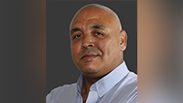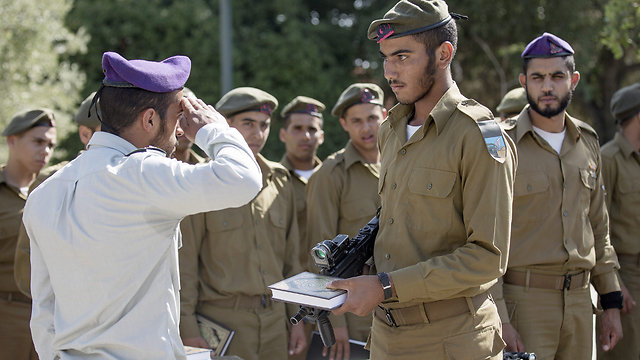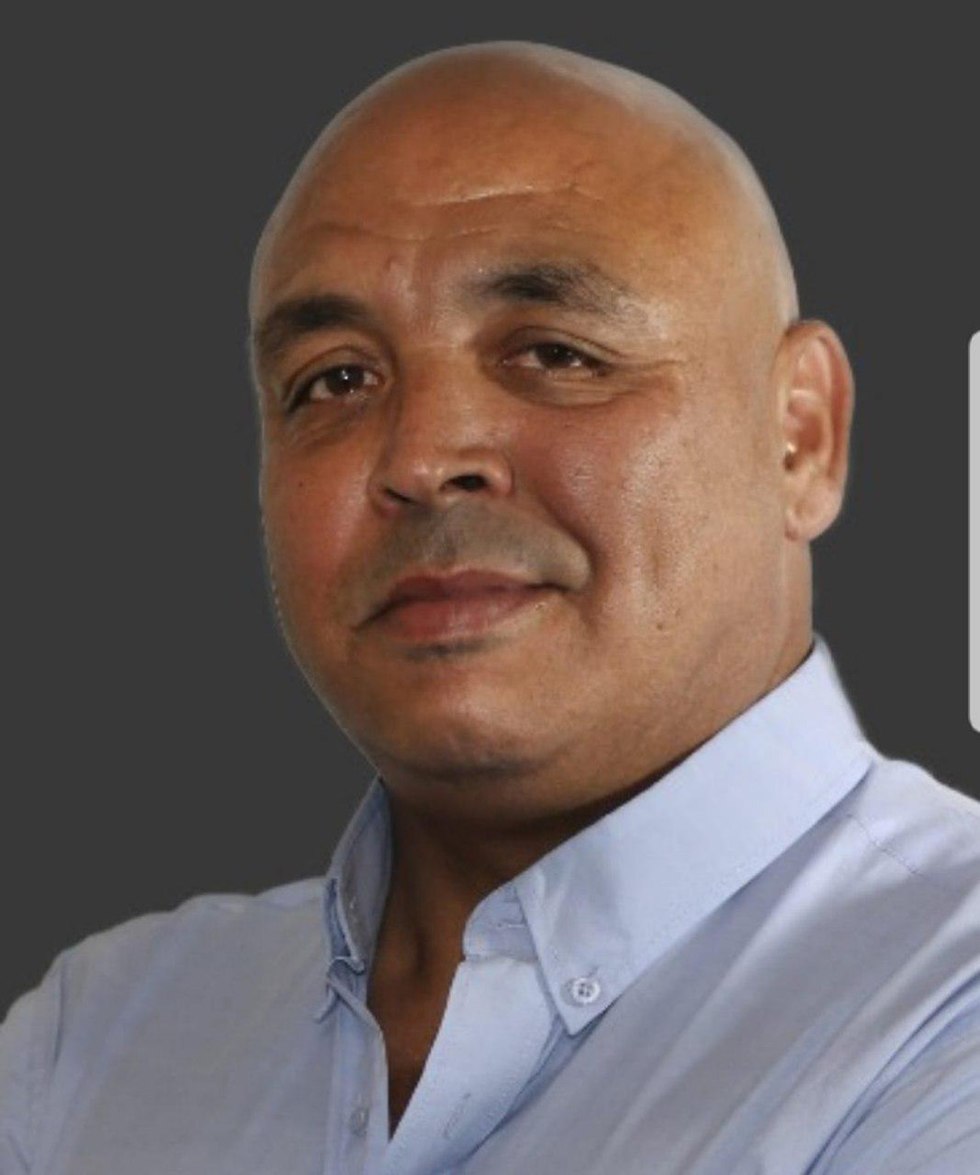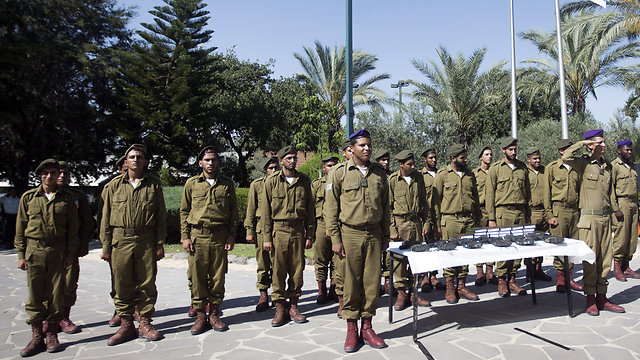

Bedouin community joins fight against Nationality Law
Following a wave of protests against the controversial law by the Druze community, another sector announces it has joined the fight to amend it. Amir Mezarib, the nephew of the highly-decorated IDF officer Amos Yarkoni, calls on the Bedouin residents in the north to protest against the Nationality Law: 'We have linked our fate to the fate of Israel'; Bedouin community in the Negev also joins the fight: 'This is treachery on the part of the state.'
Israel's Druze citizens were not the only ones to take offense from the Nationality Law, which determines only Jews have a right for self-determination in the country. Bedouin have also come out against the legislation.
Lt. Col. (res.) Amir Mezarib, the director of the Minorities District in the Council for Conservation of Heritage Sites in Israel, who also organizes the Bedouin protest against the Nationality Law, called on the thousands of Bedouin in northern Israel to band together and put pressure on the government to amend the law.
"We will do this (the protest) at a symbolic place for us, such as the Zarzir Junction or the Memorial Monument to the Bedouin Warriors," he said.
Mezarib is also the nephew of the highly-decorated IDF officer Amos Yarkoni, the first commander of the Shaked Reconnaissance Battalion who also governed over the Sinai central district. Hundreds of Yarkoni's Bedouin and Jewish former soldiers continue visiting his grave to this very day.
"What would Amos, the decorated commander who led battles and died because of his many wounds, have said? What will we tell his family? His subordinates, who were senior officers, came to us to apologize on behalf of the state. They understand the problem no less than we do. It’s really hurtful but at least we get support from the Jews who apologized on behalf of the government that passed this discriminatory law," Mezarib vented.
Mezarib emphasized the commitment of the Bedouin sector to the Jewish people, adding that members of the community were among the few who stood by the state.
"The Bedouin community has tied its fate to the fate of this country since its infancy, and was one of the few who stood by it. Yigal Allon sought the assistance of the Bedouin leadership during the establishment of Jewish settlements—and that’s how it was. Since then, a tradition of joining the IDF has emerged," he continued.
According to Mezarib, the problem stems from the “unnecessary insistence” of the Israeli government to enshrine into law national values and symbols that were obvious to all even before the legislation was passed.
“Everyone is familiar with these symbols, why do we need a law? The majority of the country is Jewish and everyone is aware of that. Why upset the entire world in order to receive recognition for something that is already obvious to everyone?” Mezarib wondered.
Like many other opponents of the law, Mezarib claims it was approved due to political reasons that are accompanied by contempt toward and harm done to Bedouin, Druze, Arabs and Jews alike.
"Thirty-four fallen Bedouin soldiers who fell in battle alongside Jewish soldiers are buried in Zarzir, 34 soldiers in a tiny village. What are we going to say to the families now? What will the parents, who wept for their sons and who stand during the siren on Memorial Day, say?" he lamented.
Raniim Mezarib, 21, who belongs to a Bedouin family with the same family name, was only four years old when her father, policeman Ahmed Mezarib, was killed in a terrorist attack near Ma'ale Adumim in 2002.
"My father stopped the attack with his body," explains Raniim. "He sacrificed himself for the state, and this is how he is treated? Like a second-class citizen? What my father did, even a first-class citizen would not have done," she vented.
Raniim said the Nationality Law holds a different meanings for her because she is a law student. "This Nationality Law is very difficult to change, especially since it was passed by a majority of 62 MKs. The way I see the current situation, only specific articles of the law could be amended," Raniim explained.
According to her, the fact that the law makes no reference to non-Jewish citizens in Israel harms democracy, first and foremost.
"The Declaration of Independence states that the State of Israel is a state of all its citizens, and this law says that the state is only for the Jewish people. It looks like the country is becoming more Jewish and less democratic and equal," she concluded.
Amir Mezarib reinforced Raniim's words, saying he would have prefered for the status quo to stay the way it was.
"I would not have added anything to the declaration, and anything that’s been added only detracts ... I would like the status quo to remain the way it was,” he said.
Following the wave of protests in northern Israel, Bedouin residents in the Negev region have also joined the fight.
"We will convince them that the Bedouin community is also part of the country, we die for it and give our sons to it," said Musa Abu Bania, a Bedouin recruitment officer who lives in the settlement of Hura near Be’er Sheva. "I myself was wounded in the Yom Kippur War.”
Abu Bania added that in 2018, no law should refer to Israel as a Jewish state only.
"For me, this is treachery on the part of the state, we have to find a solution, we have no other country, we will live here and we will die here,” he exclaimed.



















